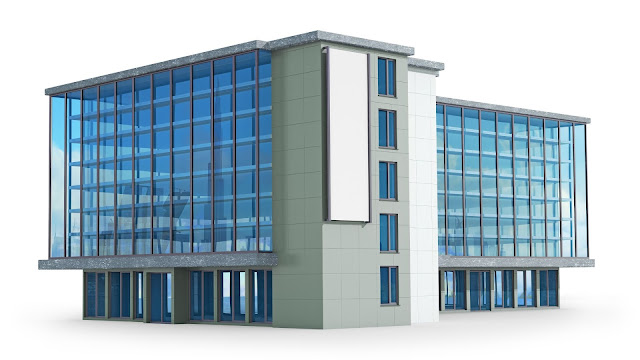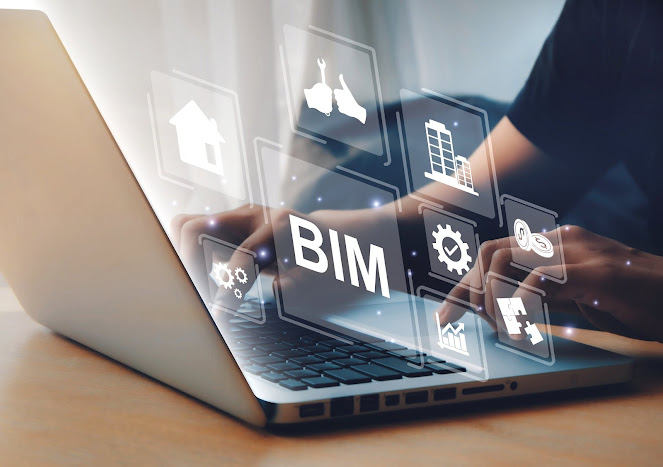Streamline Your Construction Projects with BIM Outsourcing Services

The construction industry has witnessed a significant transformation in recent years, thanks to advancements in technology. One such groundbreaking innovation is Building Information Modeling (BIM). BIM has revolutionized the way construction projects are planned, designed, and executed. However, implementing BIM efficiently can be a daunting task for many construction companies, especially those lacking the necessary expertise and resources. This is where BIM outsourcing services, including Construction Documentation Services , come into play. In this article, we will explore the benefits and key considerations of outsourcing BIM services. Understanding BIM Outsourcing Services BIM outsourcing services involve partnering with specialized firms or professionals to handle various aspects of the BIM process. These services cover a wide range of tasks, from Revit 3D Modeling and clash detection to quantity takeoffs and construction documentation. Outsourcing BIM services can help c...

